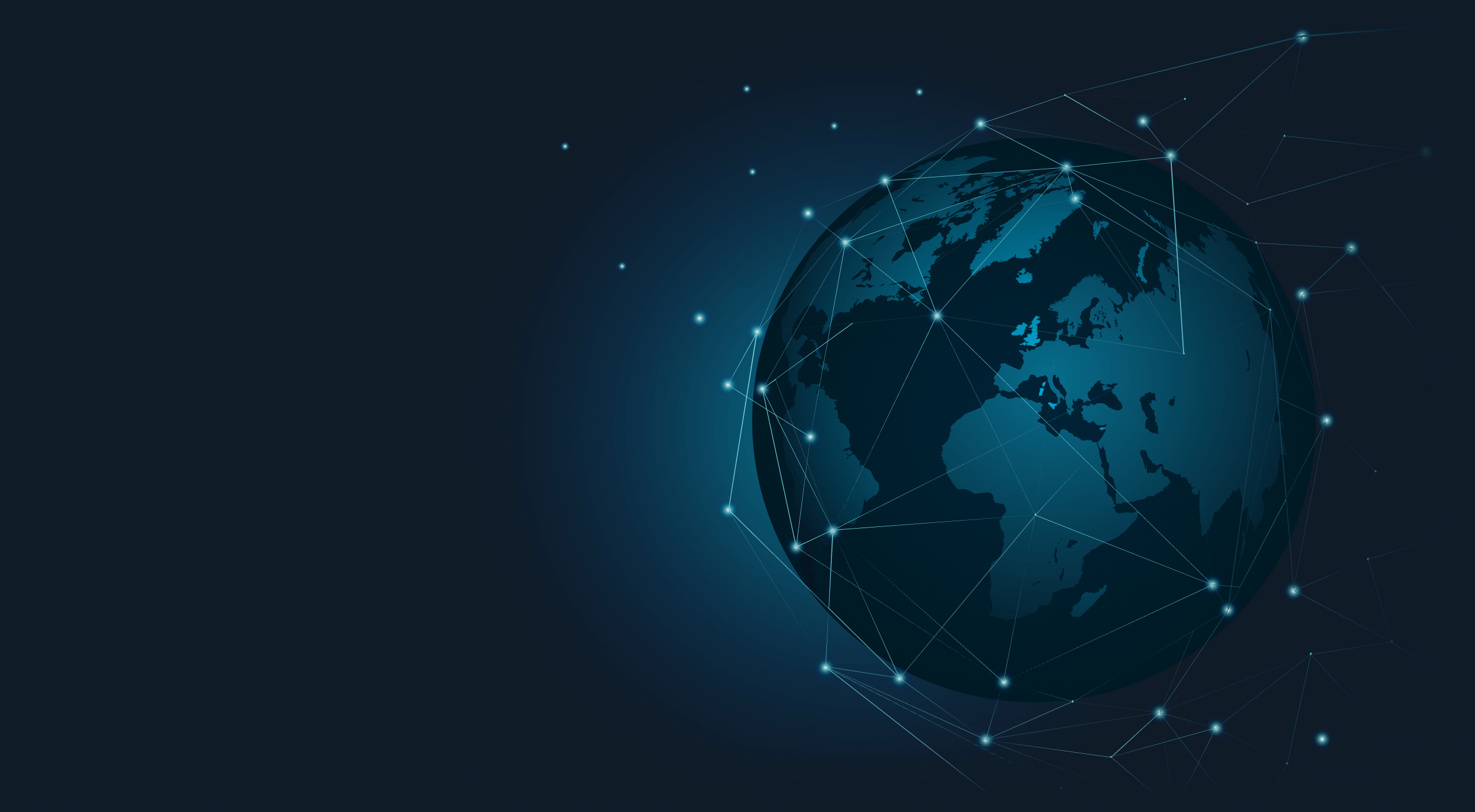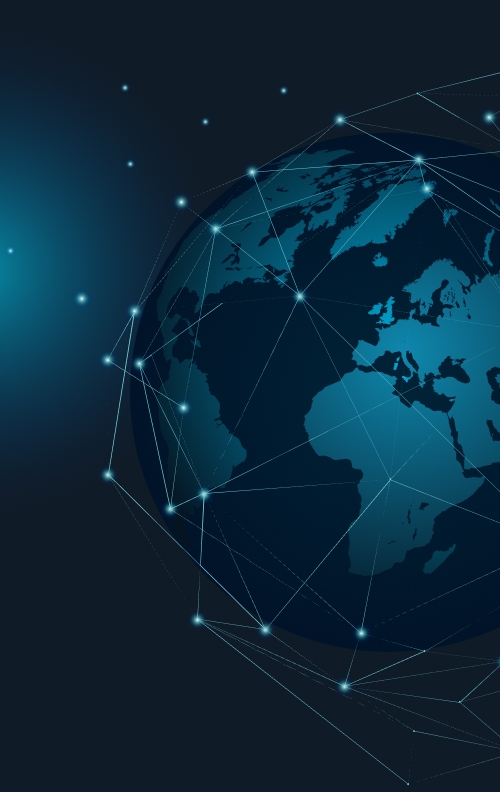CLOUDY podcast | #09 Tactical cloud in defense and security
- News
What is the cloud?
Today we view photos via the cloud, chat via services that run somewhere in space and we refer to it as the cloud. However, it is not only about storing files on storage, but also about working in real time. Working on the same document, watching the same video at the same time and being able to comment on it all at once.
What do I need to have access to the cloud?
We see the manifestations of the existence of the cloud as a virtual environment, we look at it through the screen of a computer or phone, but somewhere in the background there is a large server field, somewhere there are data storages, i.e. various devices that are stored in such small factories that we call data storages or server farms. The physical implementation of the cloud therefore exists somewhere on earth.
What are the 3 biggest advantages of a cloud solution?
The first reason is instant access to information. Example: my son on the other side of the world sends me a photo of himself. The second reason – the bank contacts me and says it needs my signature, you can respond immediately. The third reason is the benefits of everyday life – buying a train ticket, connecting with someone...
How do I ensure that no one gets to my data and files?
Companies that provide cloud services, whether it's Google or a bank, guarantee that my information remains secure. These are security mechanisms that are often subject to state controls. At the state level, for example, it's the National Security Agency, which verifies that the people who provide protection have a sufficient level of clearance. At the NATO level, for example, it's the NATO Office of Security. So each level has its own security guarantor.
What is a hybrid cloud?
First, you need to understand the difference between a general cloud and a tactical cloud. A general cloud is in a space that is available to everyone without restrictions. Anyone can do anything.
Then there are local/tactical clouds, where it is important from the point of view of information security and accessibility that only a certain group of people get there. Examples are soldiers, police officers, firefighters, various security and force units. Information is localized in one place with limited access for people.
Well, a hybrid cloud is something in between. I mean, I'm cut off from the world, I want my data to stay for me, but I need to cooperate, for example, with an international organization. For example, a soldier needs to cooperate with the Red Cross.
So the tactical cloud is also used for military purposes, what is its meaning and who is it intended for?
The word tactical indicates that it is related to the forces (police, firefighters, soldiers) because they are in situations where they have to be tactical, they use tactics. They move from a regular working environment such as offices and buildings to somewhere outside, for example, military training grounds, missions abroad, forests, meadows, demolished buildings...
Tactical networks and environments are created there. The tactical cloud is therefore created for the needs of tactical units that are somewhere outside the standard infrastructure, where there are no computer networks or where the network is destroyed, etc. So they create their own communication bubble in which they work.
How does it work? How does a soldier on a mission even get to the cloud if he is cut off from the world, somewhere in the desert, let's say?
Soldiers use the technology at their disposal - they build a communication environment, set up communication infrastructure and networks and create security layers to ensure data integrity, and then they start communicating. But soldiers do not have to be specially trained as IT specialists.
How does it work at Aliter Technologies? What do you offer?
Let's divide it into two parts, the first is a group of services and the second group is a group of devices to take with you. We have Cisco-based communication devices, we harden these technologies and prepare them so that they can be used in the field or in places where communication is not available. And we provide these devices for small units, five to fifteen people, they deploy these technologies in the field and ensure the work.
We also do supervision and can ensure the functionality of the cloud and in case of problems, we can help with it.
Does the cloud with sensitive information also have a backup?
Certainly yes. It is more than beneficial to have backups of data that directly affect human lives and property. Data recovery is essential. We don't have to talk only about a weapon strike, damage can also occur from lightning strikes - systems will crash, and then it is advisable to have a backup and restore the real state of what was.
Where will we go in the development of cloud solutions?
There will probably be an expansion of systems that provide cloud services, whether satellites or Wi-Fi or 5G networks. I expect that there will be a miniaturization of receivers and we will probably communicate exclusively via the cloud and we will not even realize it.
You can listen to the entire podcast on SPOTIFY or watch it on YouTube.


